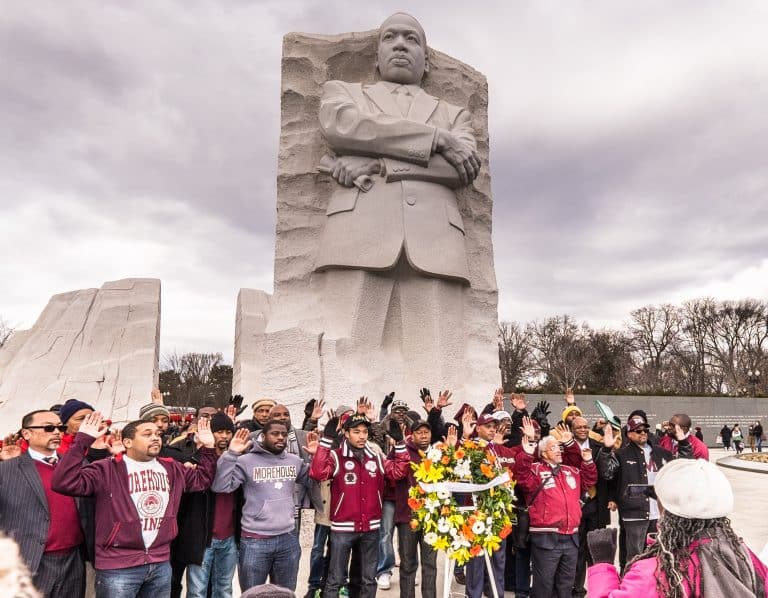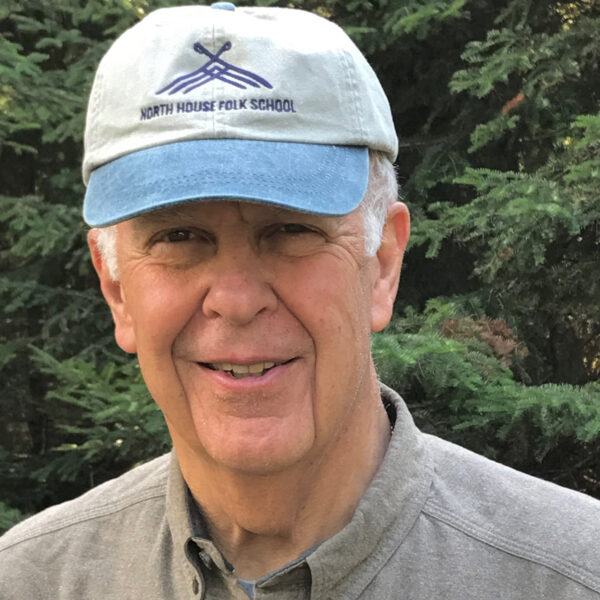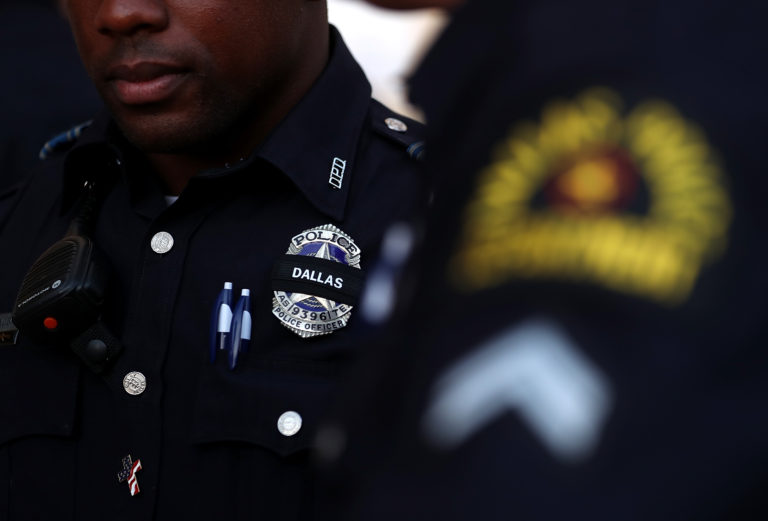
Image by ehpien/Flickr, Attribution-NonCommercial-NoDerivs.
Great Power Lives in Our Love
Earlier this week, Americans honored a man who helped change the lay and the law of this land. His life calls us to do everything we can to pursue his still unfulfilled dream of “The Beloved Community.”
Martin Luther King, Jr. was a man of ideas, as reflected in his comments about love and power, delivered in his last presidential address to the Southern Christian Leadership Conference on August 16, 1967:
“…Power properly understood is nothing but the ability to achieve purpose….
…And one of the great problems of history is that the concepts of love and power have usually been contrasted as opposites, polar opposites, so that love is identified with a resignation of power, and power with a denial of love….
…Now, we got to get this thing right. What is needed is a realization that power without love is reckless and abusive, and that love without power is sentimental and anemic. Power at its best is love implementing the demands of justice, and justice at its best is love correcting everything that stands against love….
…It is precisely this collision of immoral power with powerless morality which constitutes the major crisis of our times….”
Here’s a question worth asking: Am I using whatever power I have in the service of love — via my voice, my vocation, my personal and public witness?
Dr. King was also a man of action, non-violent action. Here’s another question worth asking: Am I willing to engage in acts of love, truth and justice whenever I have a chance? Each of us has such chances every day — in our families, neighborhoods, classrooms, congregations, and workplaces.
As we celebrate Dr. King’s life — and continue to feel the pain of justice postponed and denied — let’s honor his legacy by joining love to power in our personal and public lives. Let’s ask our political leaders to do the same. And let’s say NO to leaders who make it clear they have no capacity to honor Dr. King’s vision.
Only then can we live up to our high calling as citizens — and our even higher calling as brothers and sisters in the human family. Across all our lines of difference and division, we must care for and about one another if Dr. King’s “Beloved Community” is to be more than a dream.

